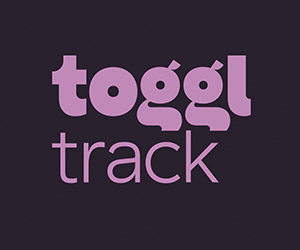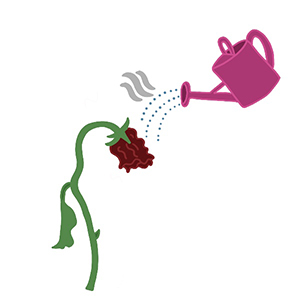Balance only exists if you seek out many perspective
January 31, 2017
The conversation about bias in the media tends to begin with a sense of betrayal by the audience. Standard media ethics include the assertion that journalism should not be biased. When a story is covered, all parties involved should, in theory, be given the opportunity to respond and make sure the various angles of a story are covered adequately and appropriately.
Audiences have the tendency, more so now than ever, to read and absorb news with skepticism or caution, and in some cases, not at all.
There is a growing perception that all media is biased, that media is made exclusively for entertaining pre-existing notions and ideas, rather than for informing the public about issues that matter.
Sentiments toward journalism have grown more and more bitter, leading to an audience that is becoming more and more misinformed.
This is not to argue that media should be unbiased, but rather a call that our perception of “bias” needs to change. Biased and opinionated news aren’t journalistic crimes. They are the product of the emotionally invested beings who write and broadcast the information an audience receives.
It is necessary, as a reader, to recognize the difference between fact and opinion and to gather opinions from both sides of a fact, story, or circumstance.
In an age where information is so readily available and almost everything is immediate, we tend to take things for face value. We read other people’s opinions and either accept and conform to them or reject and abandon them.
The fault isn’t in the journalism, it’s in the way we read and the way we collect information.
As a reader, it is necessary to collect information and biases on both sides of a fact, story, or circumstance. For an individual to draw their own conclusions, they must develop their own moral compass. It takes a wide range of experience, information, and discussion to develop a moral compass and to decide where that moral compass points during a conflict.
Readers shouldn’t feel skeptical or betrayed. They should feel responsible for achieving a balance in what they read, how much they read, and for making well-informed conclusions based on their own morality.










